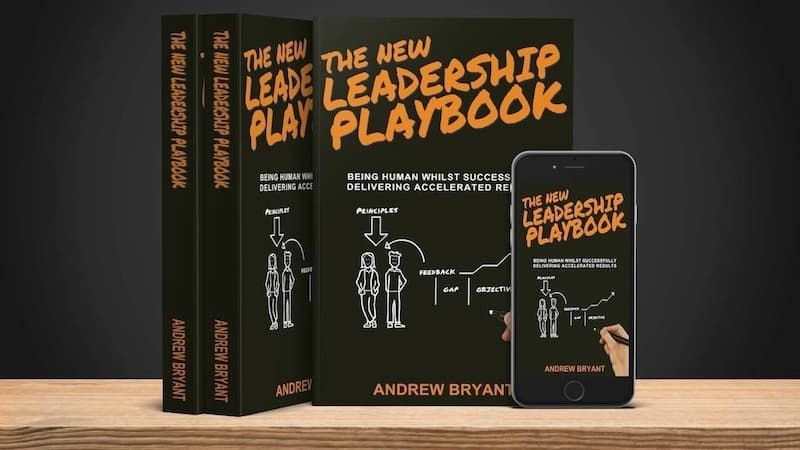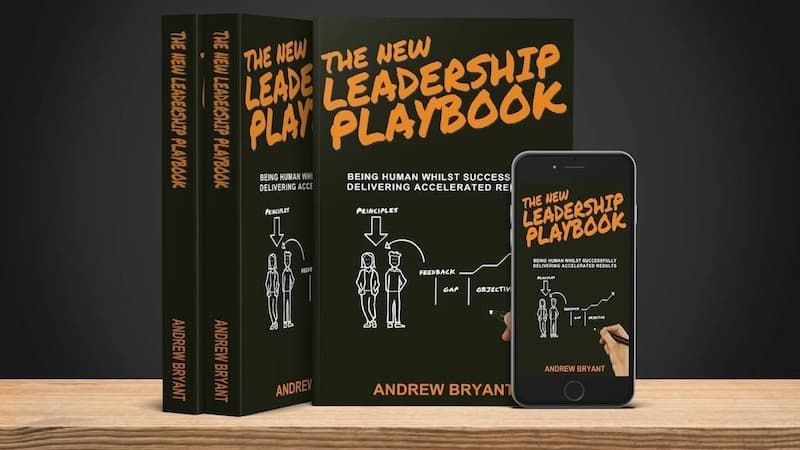Executive Presence Definition and Career Strategy

Think of the most confident person you know. Think of how they stand, how they hold the space, and how, when they speak, everyone listens. This is Executive Presence.
Executive Presence Definition
"Executive Presence is the ability to project confidence and gravitas (substance) under pressure."
In addition, a person with executive presence can present effectively and has the ability to 'read the room', so that they can influence an audience.
In a complex, fast-paced world it is vital to be noticed, heard, and trusted. Executive Presence is therefore an essential competency for both individual contributors and leaders.
Executive Presence as a Career Strategy
In my 20+ years of experience as an executive coach, working with C-level executives and those that want to crack the C-Suite, I have observed that those who are successful have mastered executive presence. You can start building your executive presence by reading these 12 strategies for career success.
1. Speak up
Silence may be ‘Golden’, but when it comes to establishing your value, you need to be a regular contributor to discussions. You don’t have to have all the answers, but by sharing your perspective, you can demonstrate that you are working to be part of the solution. If someone else makes a good point, verbally agree. If you disagree, avoid saying, “Yes but…” and instead say, “Yes and…” and then share your viewpoint or data.
2. Stand Still and Tall
Your body language, gestures, and voice tone ‘frame’ your message. When you stand up straight and ‘own’ the space, you project confidence when you speak. People are more likely to listen to, and accept your message if it is delivered with confidence. You should try standing during voice calls, people can’t see you but they will ‘feel’ your confidence.
3. Share the ‘Why’
Why are you speaking about this topic? And why is it important to your audience? When you start your communication with a strong ‘Why’, you will immediately engage your listeners. If that ‘why’ is important to you, you will come across as passionate, if the ‘why’ is important to them, you will be inspiring.
4. Own it!
“If you’ve done it, it ain’t bragging”, Avoid discounting your accomplishments, and take appropriate credit for your hard work and your results. You need to cultivate a brand – and that brand is of someone who is competent and gets things done.
5. Take a Position
Avoid ‘sitting on the fence’ and NEVER apologize for having a point of view. Be prepared to influence or be influenced with a persuasive argument. This demonstrates that you care about the best outcome, and are a driver, rather than a passenger in decision-making.
6. Use Assertive Language
Avoid words and phrases like: “I’ll try”, “Maybe”, “It should be OK” or “IMHO”.
Instead use assertive language like, “I think”, “I believe”, and “We will make it happen”. It’s good to remember that, assertiveness, is not aggressiveness. Assertive is confidently stating your wants, beliefs, and desires, in a way that actively encourages others to state their wants, beliefs, and desires.
7. Apply Powerful Pauses
Give your words a moment to ‘sink in’ before you move on to the next idea. Take a breath after each paragraph, make eye contact, and be comfortable with the silence, it positions you as thoughtful and measured.
8. Probe with Questions
Use questions to get as much information as possible to understand the issues and ensure you make good decisions. This avoids going off ‘half-cocked’ and shows that you are not superficial.
9. Get to the point
Once you have understood the issues, give your perspective as briefly as possible. Give just enough context but not too much, people want to know the bottom line as soon as possible. Become an expert at summarizing.
10. Bad News First
The evening news, on TV, does not start with a cute story about a baby animal being born at the Zoo, it starts with something shocking. Don’t wrap your messages in ‘cotton wool’, start your presentation with the bad news or possible threat; this will get everyone’s attention. Once you have everyone's attention you can deliver your solution or actions to take. You will be remembered as someone who ‘rescued’ the situation.
11. Delegate Responsibility
Don’t be too eager and offer to do everything; instead, be a leader and invite others to step up and take responsibility. You can then offer your support or mentoring to ensure the agreed actions are taken.
12. Empathize
Being firm doesn’t mean being rude. People don’t care how much you know until they know how much you care, so show that you know how others feel and acknowledge their efforts. People will double their efforts if they feel appreciated.
In Summary
Developing your executive presence will be one of the greatest investments you can make for your career success. For this reason, I have created an online self-study program and provide one-to-one executive and leadership coaching.
GET A FREE CHAPTER
THE NEW LEADERSHIP PLAYBOOK
BEING HUMAN WHILST DELIVERING ACCELERATED RESULTS




